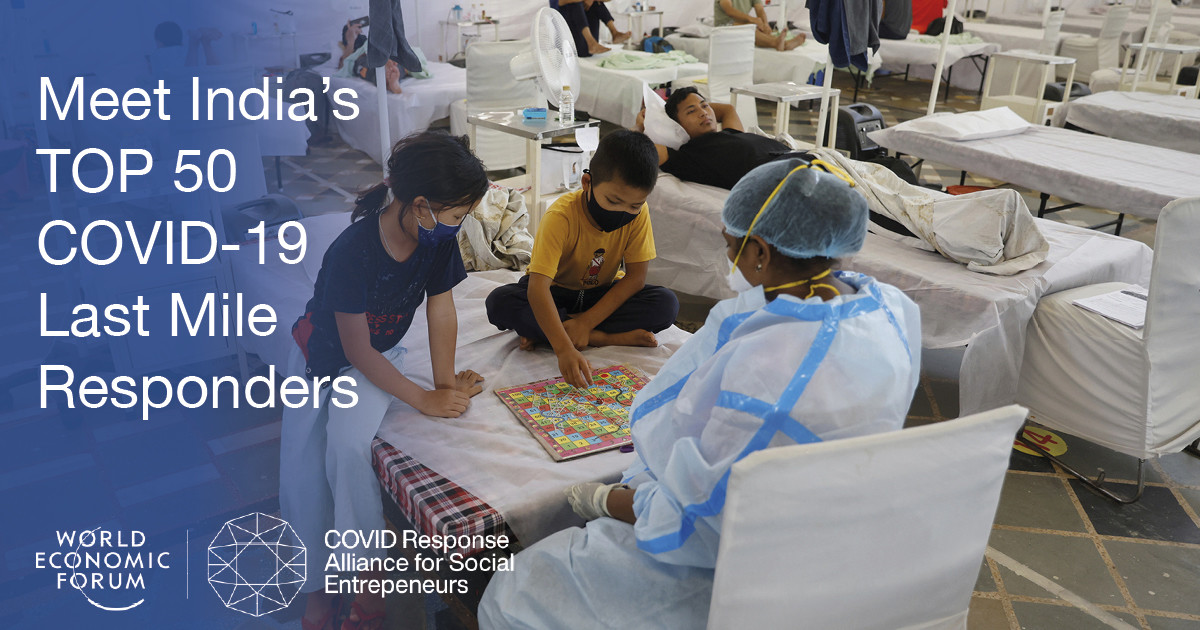COVID-19: What you need to know about the coronavirus pandemic on 29 September

Restrictions remain in place in Sydney, Australia.
Image: REUTERS/Loren Elliott
Explore and monitor how COVID-19 is affecting economies, industries and global issues
Stay up to date:
COVID-19
- This daily round-up brings you a selection of the latest news and updates on the COVID-19 coronavirus pandemic, as well as tips and tools to help you stay informed and protected.
- Top stories: Singapore and Romania report highest one-day rises in COVID-19 cases; Japan to lift emergency COVID-19 restrictions; Algeria set to begin domestic production of Sinovac COVID-19 vaccine.
1. How COVID-19 is affecting the globe
Confirmed cases of COVID-19 have passed 232.8 million globally, according to Johns Hopkins University. The number of confirmed deaths stands at more than 4.76 million. More than 6.18 billion vaccination doses have been administered globally, according to Our World in Data.
New COVID-19 cases in New Zealand have jumped to their highest level in weeks, with 45 new confirmed cases reported - all in Auckland.
Pfizer has asked Brazil's health regulator to approve a third dose of its COVID-19 vaccine.
Costa Rica announced yesterday that all state workers will need to be vaccinated against COVID-19.
Algeria is set to begin production of the Sinovac COVID-19 vaccine, in partnership with China. It aims to meet domestic demand and export the surplus.
From next week, Croatia will require that all employees in the health and social care sectors be vaccinated or test negative for COVID-19.
Egypt is now providing immediate COVID-19 vaccinations without prior online registration. The move is aimed at encouraging vaccinations amid a fourth wave of infections.

2. Singapore and Romania report highest one-day rises in COVID-19 cases
Singapore's health ministry has reported the country's highest one-day rise in confirmed COVID-19 cases since the start of the pandemic - 2,236.
The country has paused further reopening after a recent rise in cases following the relaxation of some COVID-19 measures. From this week, Singapore has tightened some restrictions, including limiting social gatherings to two people and making work from home a default.
Meanwhile, Romania reported a record 11,049 confirmed COVID-19 cases in 24 hours. Yesterday, the country had only 26 intensive care beds available, and was struggling to add more because of staff shortages.
Accept our marketing cookies to access this content.
These cookies are currently disabled in your browser.
3. Japan to lift emergency COVID-19 restrictions
Japan will lift a state of emergency in all regions on Thursday for the first time in nearly six months. It comes as the number of cases and deaths falls, easing the pressure on the health system.
Daily cases have fallen nationwide from more than 25,000 last month to 1,128 on Monday, but the opening will be gradual with some curbs on restaurants and large-scale events staying in place for about a month.
"Thanks to progress in vaccination and administration of neutralizing antibody drugs, we are entering a phase where medical services can be offered in a stable manner even if a certain degree of infections take place," Prime Minister Yoshihide Suga told a coronavirus task force meeting.
India’s leading COVID-19 last-mile responders
Don't miss any update on this topic
Create a free account and access your personalized content collection with our latest publications and analyses.
License and Republishing
World Economic Forum articles may be republished in accordance with the Creative Commons Attribution-NonCommercial-NoDerivatives 4.0 International Public License, and in accordance with our Terms of Use.
The views expressed in this article are those of the author alone and not the World Economic Forum.
Forum Stories newsletter
Bringing you weekly curated insights and analysis on the global issues that matter.
More on Health and Healthcare SystemsSee all
Matthew Oliver
March 24, 2025
Naoko Tochibayashi and Mizuho Ota
March 21, 2025
Daniel Mahadzir and Natasha Tai
March 21, 2025
Lawrence Kosick
March 20, 2025
Luqman Lawal M.D., M.P.H. and M.B.A
March 20, 2025
Faissal Sharif
March 18, 2025






